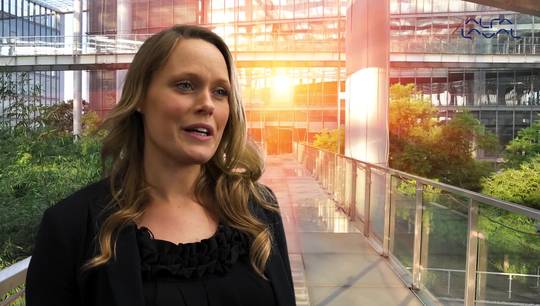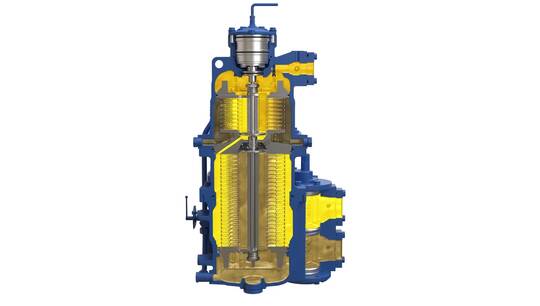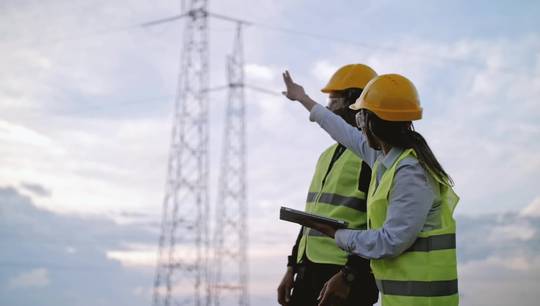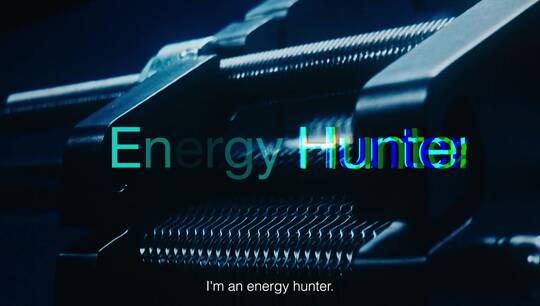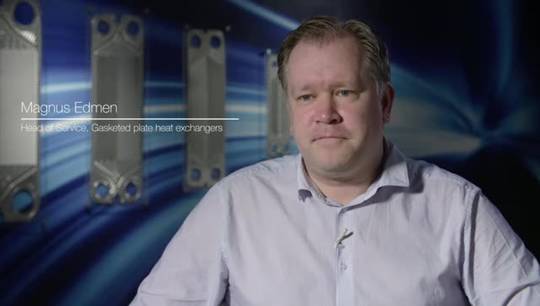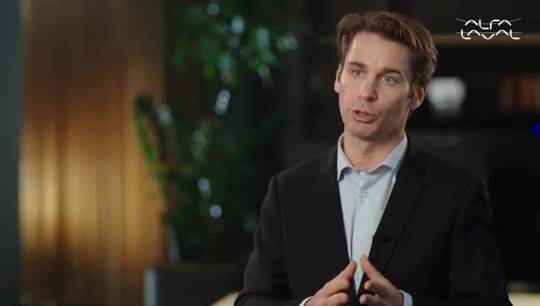Energy
Net zero event: Accelerating the shift from fossil to circular carbon
233 views
Carbon is the cornerstone of the chemical, fuel, and plastics industries. Today, most of it comes from fossil sources. Until we’ve adopted a circular carbon approach, these industries are not fully sustainable. By using carbon from sources such as captured CO2, biomass, and recycled materials, we can defossilize our industries and achieve a circular economy for carbon.
However, since the transition to circular carbon needs a boost. Through collaboration, planning, leadership, and inspiration, we can push the transition forward and reach Net Zero in time. This is the focus of our upcoming Net Zero event.
Program
In this event, leaders within the fuels, chemicals, and materials industries will share insights and best practices that will help us accelerate the shift to a circular carbon economy.
- Defossilization and the transformative shift into future carbon sources:
Chemicals, fuels and plastics are part of our daily needs. In fact, more than 500 million tonnes of plastics are consumed every year. More than 98% of it is based on fossil carbon. To achieve Net Zero, we must switch the carbon base from fossil to 100% renewable sources by 2050. An additional challenge is that the economic growth will boost the plastic consumption to more than a billion tonnes by the end of this period. We will dive into the underlying drivers for this development, and how the necessary non-fossil carbon can be mobilized.
- The importance of partnerships:
The development of fossil-based chemicals, fuels and plastics took place over many years, and the necessary expertise was built incrementally. Today, the demands on products are much more stringent, the competition is global, and the technologies are more complex. Defossilization cannot be done by one company alone. The way to succeed is through partnerships. In this segment, we will discuss various types of strategic collaboration, to bridge multidisciplinary challenges, and to speed up the process of validating and testing new technologies.
- Challenges in accelerating the shift from fossil to circular carbon:
Habits are hard to break. Single use plastic and long-range combustion engine cars are undeniably convenient. But the true cost of the fossil economy is dawning on us, and we have to agree on how to handle the shift to circular carbon before it’s too late. Governments and international organizations must define reasonably level playing fields, while research and industry must develop and implement new and better technologies. In this segment we will go into the challenges from an industrial perspective, and how we can contribute to accelerating the shift to circular carbon. This could for example be through more efficient processes and through recycling.
- Investing in the transition:
Habits are hard to break. Single use plastic and long-range combustion engine cars are undeniably convenient. But the true cost of the fossil economy is dawning on us, and we have to agree on how to handle the shift to circular carbon before it’s too late. Governments and international organizations must define reasonably level playing fields, while research and industry must develop and implement new and better technologies. In this segment we will go into the challenges from an industrial perspective, and how we can contribute to accelerating the shift to circular carbon. This could for example be through more efficient processes and through recycling.
